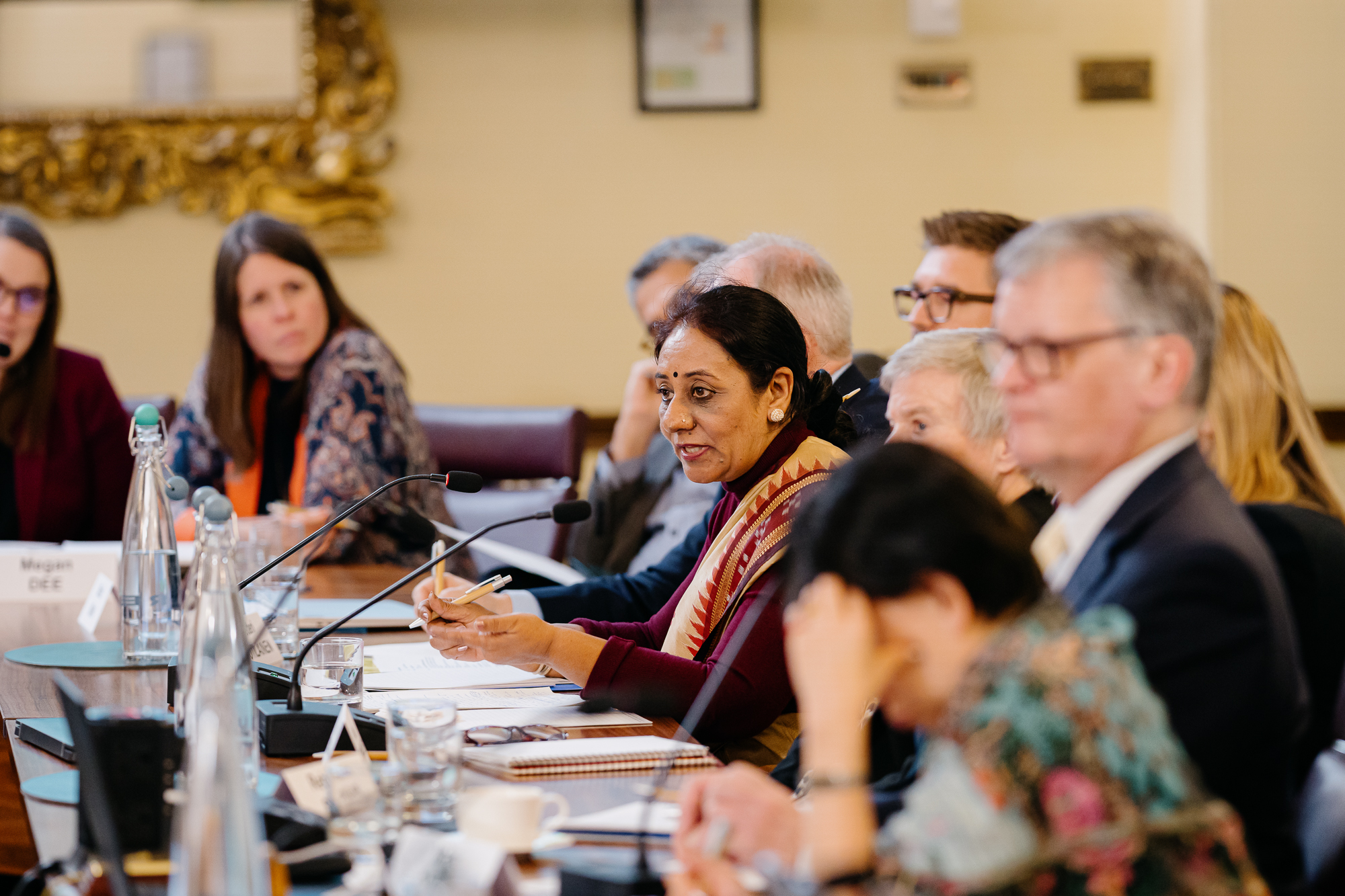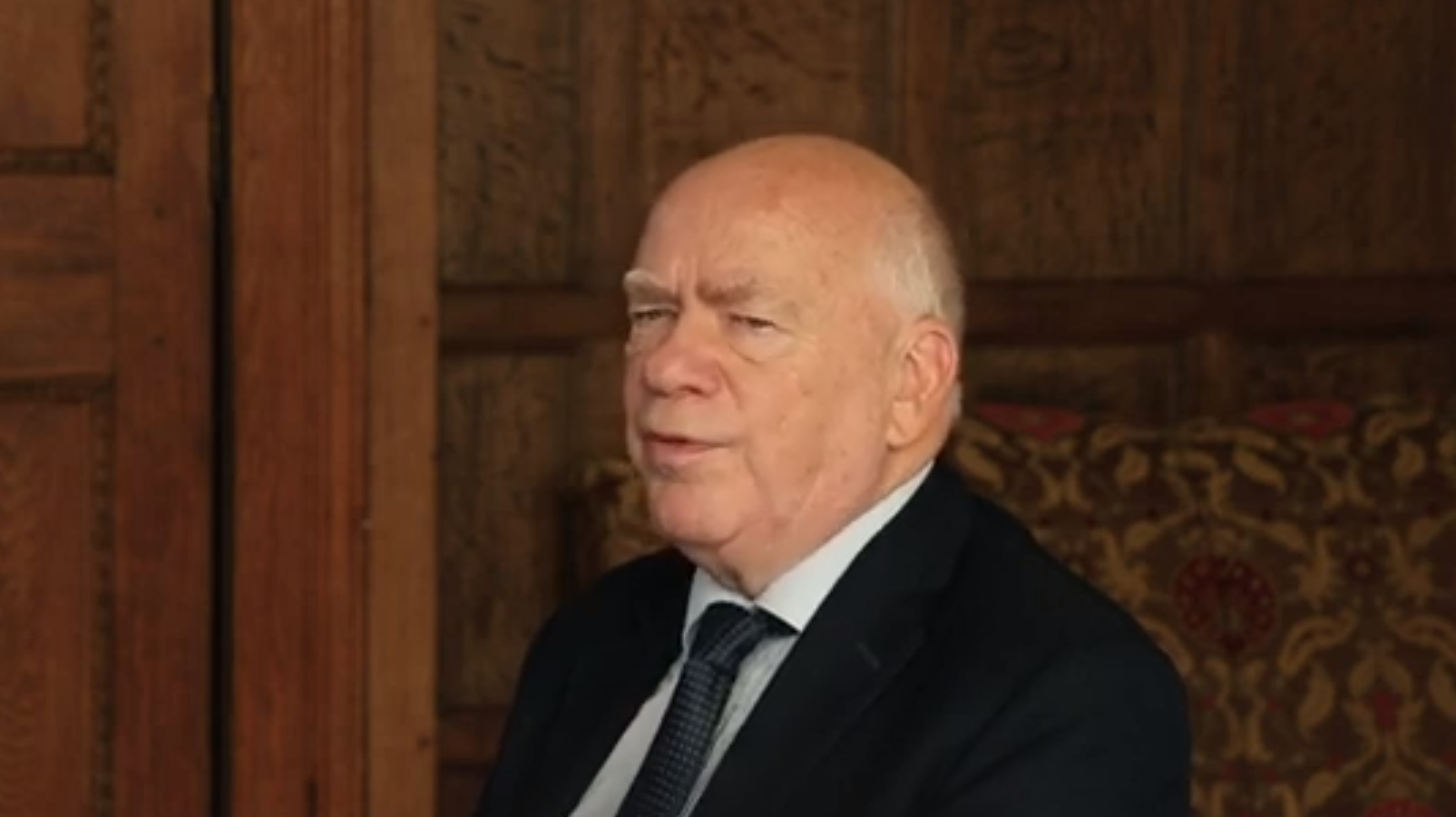This invitation only meeting brought together a unique mix of experts to build a coherent, evidence based case for how to address security concerns raised by dual-use biological research.
Key points that came out of the conference:
- The security risk surrounding dual-use research appears to be generally recognised by those who are aware of the issue, but widening and targeting such awareness is still a challenge, as is reducing scepticism. This issue can be managed and ameliorated, but not resolved. Risk and hazard, and perhaps threat, is something that will have to be lived with not discounted; the price to be paid for the benefits of biological research.
- The growing multi-disciplinary character of biological research means that any regulatory management system that is developed to concentrate on work involving certain dangerous pathogen may fail to capture much future research of concern. This also has implications for outreach and education.
- Dealing with dual-use research cannot be done by any one community, and no single set of actors can or should (or would want to) own this problem. An assessment of what such a process of knitting together disparate communities would look like should thus be a priority.
- Collaborative risk assessment and the acknowledgement of inherent uncertainties and different costs benefit analysis at the start of research is potentially the most fruitful and effective stage at which to intervene, and should involve security input where appropriate.
Further information
Read Sir Mark Walport’s speech












